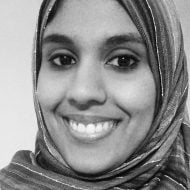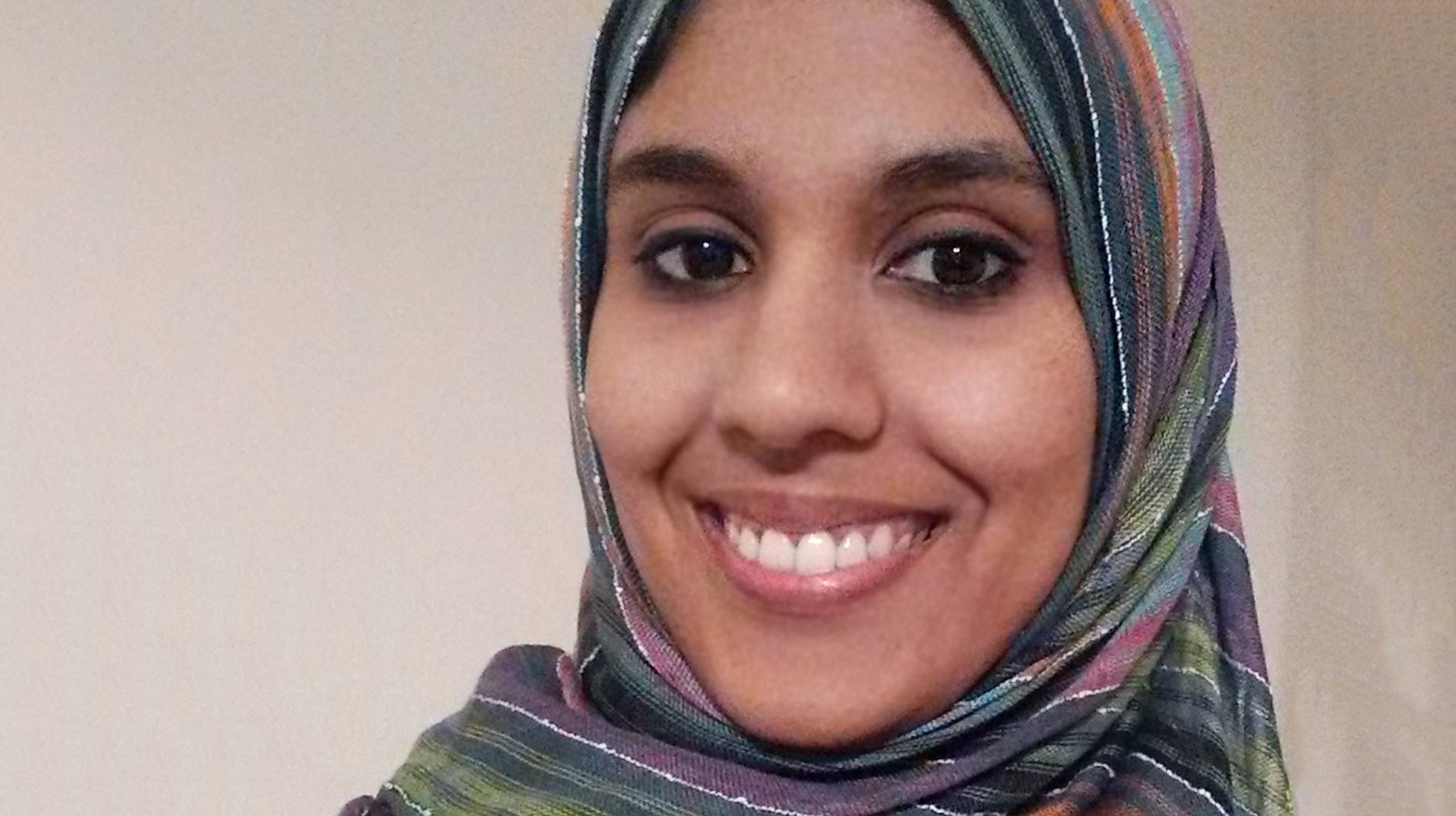Hafsah Qureshi was born and raised in Lincoln. She attended Washingborough Primary School followed by the Priory LSST Secondary School. She is currently a doctor working in Lincoln and lives with her husband and one year old son. In a series of articles, she will outline why Muslims feel anguish and sadness at people thinking their religion is ‘evil’ and associating it with terrorism, and will try to dispel some common misunderstandings about her faith.
In the previous articles I mentioned the main beliefs and practices taught by Islam in an attempt to show that they include nothing to be feared and hated.
There are two concepts in Islam I should also mention, as they are recurrent themes in the media, and are commonly misunderstood:
Hijab
This term is often used to refer to the Muslim woman’s headscarf, but has a deeper meaning, as ‘hijab’ is a state of mind where a Muslim woman is modest not just through her clothing but the dignity of her conduct.
Yes, Islam asks women to cover their hair and wear loose modest clothing in public. However, they do not have to wear hijab in a private setting when with other women, children, one’s spouse or first and second degree male relatives. Moreover, Muslim men have a code of appearance too.
Muslim women who choose to wear the hijab do so with the understanding that it is a Quranic commandment, and that it pleases God/Allah. It is not worn to please men or to subjugate women, nor does it prevent women engaging in society. On the contrary, many Muslim women, myself included, feel liberated by the hijab, for the idea behind it is that that women should be respected for their intellect and contribution in society rather than judged on their appearance. How is this oppressive?!
Furthermore, a head covering is probably less alien to the West than one might think. Isn’t the Virgin Mary often depicted with a head covering, and don’t nuns cover their hair too?
Jihad
This term is unbelievably misconstrued, but what actually is Jihad? The word ‘Jihad’ has sadly become synonymous with ‘terrorism’; but ‘Jihad’ actually means ‘to struggle in the path of Allah’ – the ‘struggle’ to do good deeds instead of being lazy, even in the absence of immediate personal gratification.
For example, Jihad is when I ‘struggle’ to get up for work in the morning, when I really want to stay in bed, or when I fight the temptation to watch TV and instead volunteer for charity work.
Yes, part of Jihad, includes an armed ‘struggle’ in self defence against oppressors and tyrants.
This kind of Jihad however is governed by strict rules, and can only happen under the authority of a genuine Islamic nation governed by just laws and under fair leadership. The first Islamic community was established peacefully due to a community of people wanting to live by the laws of Islam and under the leadership of Prophet Muhammad (peace be upon him).
It was not established by war and bloodshed. And one of the key characteristics of a true Islamic nation was tolerance – people of all religions were welcome and felt safe to live there.
Muslim Spain before the inquisition demonstrated this well. The despicable mass murder of innocent people at a social gathering is NOT Jihad!
To summarise, ISIS and terrorists DO NOT represent Islam. They have killed more Muslims than they have non-Muslims, and every innocent life lost in this mess is a tragedy. Terrorists may have twisted verses of the Quran out of context, to brainwash vulnerable and religiously naive young people into joining them, but any ancient holy book can have verses misconstrued, as demonstrated recently in social experiments about the bible. The MI5’s own Behavioural Sciences Unit has found that terrorists are more likely to be religious novices, and that a well grounded religious identity actually protects against radicalisation.
Islam shares the same root letters as the Arabic word for ‘peace’ (Salam) and this is not a coincidence; for it is a religion that has peace at its heart. Islam teaches us to believe that Allah/God has no partners, and to worship Him alone instead of other objects, people or our own desires. We worship Him by doing good deeds i.e. fulfilling our obligations to Allah such as praying and fasting, and fulfilling our obligations to fellow man such as giving to charity, challenging injustice and being honest and kind.
I would encourage sceptics of my claims about the true teachings and nature of Islam and the Prophet Muhammad (peace be upon him), to read the Quran and study the life of the Prophet for themselves, with an open mind, prejudice aside. You can visit www.plainislam.com or www.lincolnmosque.com for more information or to request recommended resources.
Furthermore, do not hesitate to talk to a Muslim about their faith – most Muslims will not be offended by genuine enquiry! If people harbour resentment and fear, showcase prejudice on the internet and social media, and refrain from open discourse with others, how will barriers and misconceptions be broken and bridges be built?






